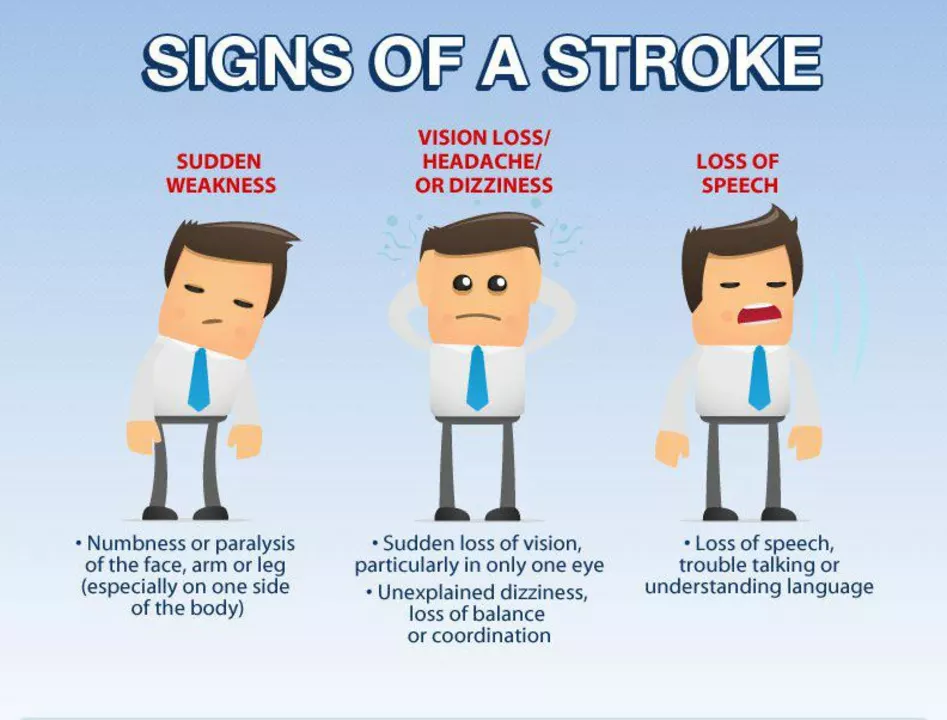Medication Effects: Side Effects, Interactions & What to Expect
Ever taken a pill and felt something you didn’t expect? That feeling is the reason this tag exists. Here you’ll find clear, practical posts about how medicines affect you—what’s normal, what needs attention, and how to stay safe. We collect real-world guides on common drugs like Effexor, Neurontin, Capoten, Ventolin and others so you don’t have to guess.
What does “effects” cover? Short answer: anything a drug can do to your body or mind. That includes intended effects, common side effects, rare reactions, withdrawal issues, and how medications interact with each other. You’ll find articles on antidepressant effects, nerve pain meds, heart drugs, asthma inhalers, and supplements that can change how prescriptions work.
Not all side effects are the same. Some are mild and expected—drowsiness, mild nausea, dry mouth, or temporary dizziness. Others are urgent: trouble breathing, swelling of the face or lips, chest pain, sudden severe headache, or new suicidal thoughts. Knowing which is which helps you act fast and avoid harm.
How to spot serious side effects
Watch for sudden changes you can’t explain. A rash that spreads, swelling, trouble breathing, fainting, very fast heartbeat, or severe vomiting and diarrhea are red flags. Mental changes like confusion, hallucinations, or thoughts of self-harm should never be ignored. If any of these happen, stop the medicine only if advised and seek emergency care or call your provider right away.
Interactions can hide as new side effects. Mixing drugs can boost effects or make them unpredictable. For example, combining certain antidepressants with other serotonin-affecting drugs can increase risk of agitation or seizures. Herbal supplements or over‑the‑counter cough meds may also change how prescription drugs work. Always tell your pharmacist and doctor everything you take.
How to reduce risks and manage effects
Start with a simple plan: keep a current medication list, read the patient leaflet, and note when symptoms begin. Start new drugs at the lowest prescribed dose and give your body time to adjust. If a side effect is mild, ask your provider if timing, dosage, or taking the medicine with food can help. Use telehealth for quick checks if you can’t get to the clinic.
When looking online for help, prioritize trusted sources. Our site has practical articles about safe online pharmacies, cheaper alternatives, and what to expect from specific meds. If you’re considering supplements like colloidal minerals or homotaurine, talk to your clinician—some “natural” products still interact with prescriptions.
No one should manage serious medication effects alone. Keep emergency contacts handy, share changes with family or caregivers, and bring your medication list to appointments. Browse the posts under this tag to read drug-specific guides, compare alternatives, and get real tips for staying safe on any treatment.
Quick checklist: write down drug name, dose, when you took it, any new symptoms, foods or supplements you used, and whether symptoms improved after stopping. Take photos of rashes. Keep prescriptions and receipts in one place. When you call a provider, be ready to describe timing and seriousness. Small notes help doctors connect the dots faster. Browse tag posts for detailed drug guides and help.
